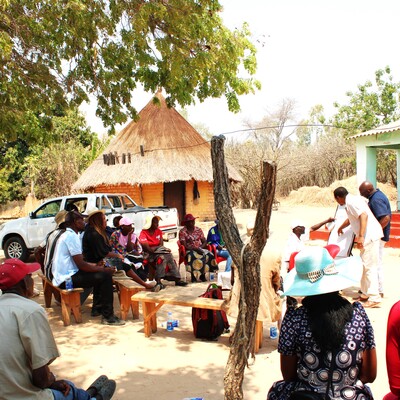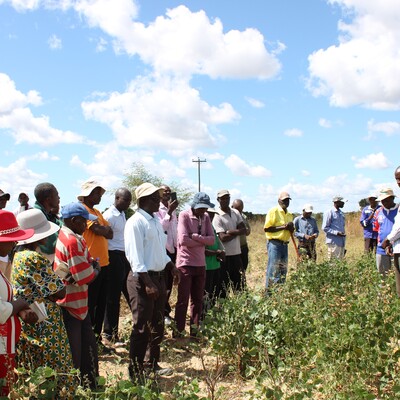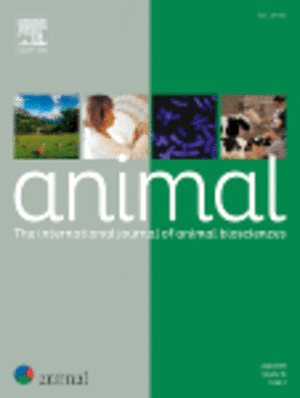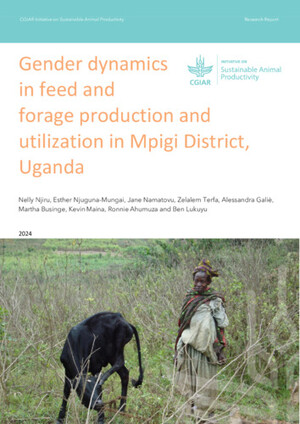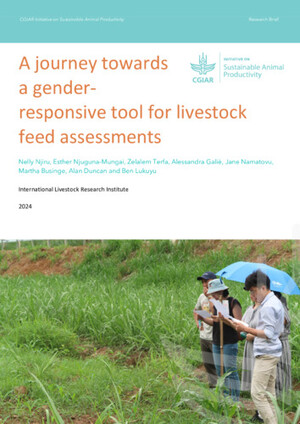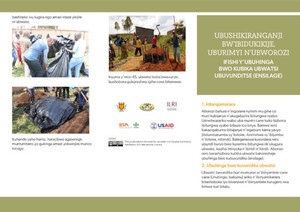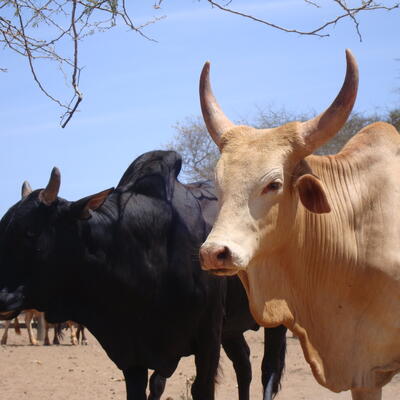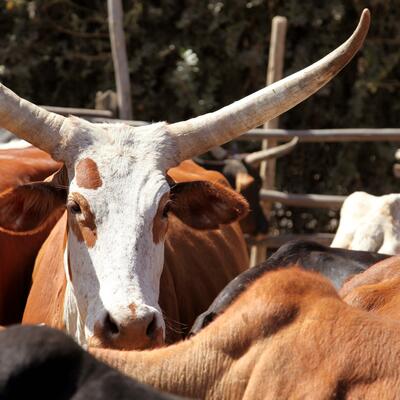
Piloting climate-adaptive forage seed systems in Ethiopia (FeedSeed)
Some 555 million poor livestock keepers reside in rural areas in the developing world. Their inability to feed their livestock adequately throughout the year is the most widespread technical constraint to increased livestock productivity, better livelihoods, and more sustainable use of natural resources. A critical constraint to increase the availability of animal feed or forage is the lack of profitable and sustainable forage seed companies.
The FeedSeed project adopts a public-private partnership approach to help create a sustainable forage seed supply system in Ethiopia. ILRI and its project partners are working with interested and qualified entrepreneurs to start forage seed businesses. The project also works to create a public business incubator that provides training and mentoring to entrepreneurs as they set up and build private seed businesses. The incubator shall be equipped with a seed processing unit which will be used to provide technical training on seed threshing, cleaning and sorting to the entrepreneurs who will invest in and build their seed businesses.
Project goal: Poor livestock keepers in the project pilot areas will be using improved forage crop seeds in the project pilot areas mitigating feed constraints for systems intensification and leading to adaptation to climate change. 50% of the farmers producing forage seed and 20% of the seed enterprises will be owned and run by women.
Project purpose: The Feed Seed project will provide and transfer the technical and business knowledge and skills needed to develop sustainable seed systems to enable forage integration into livestock farming systems to help poor farmers adapt to climate change. The project will stimulate and support development of forage crop seed businesses which sell forage seed to poor livestock keepers. Expected results:
- A well-functioning, sustainable forage seed business incubator at EMDIDI;
- At least 30 seed business entrepreneurs trained over 2 years;
- At least 20 successful and sustainable seed enterprises established and profitable in 2 years;
- At least 20,000 poor livestock keepers trained in seed and forage production and thus feeding their livestock better.







